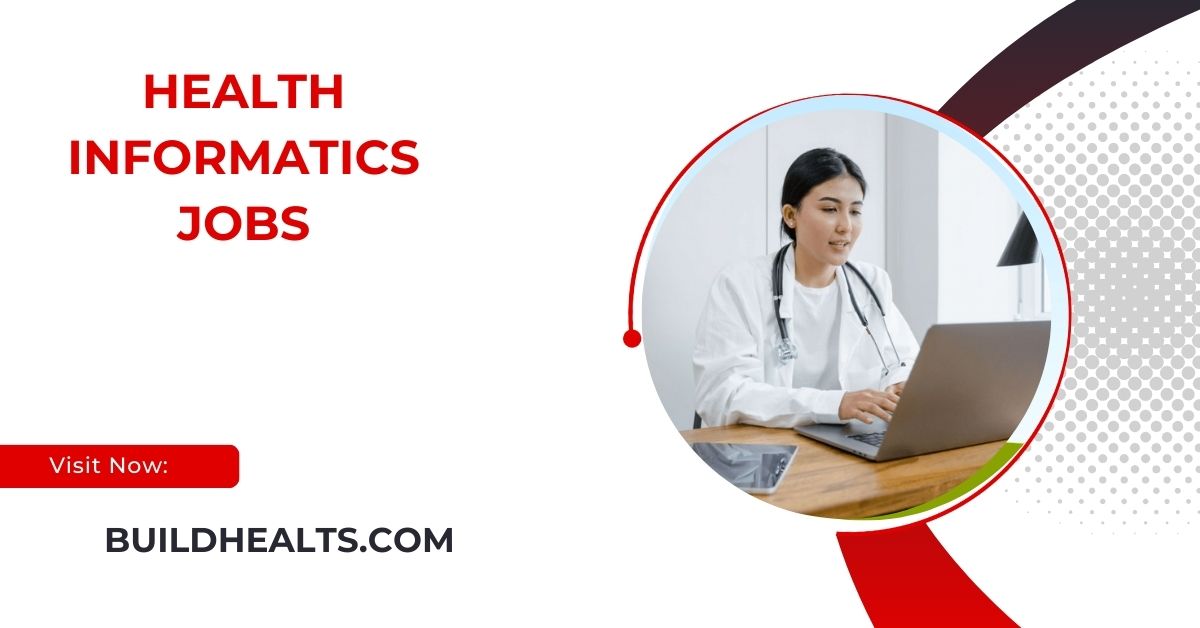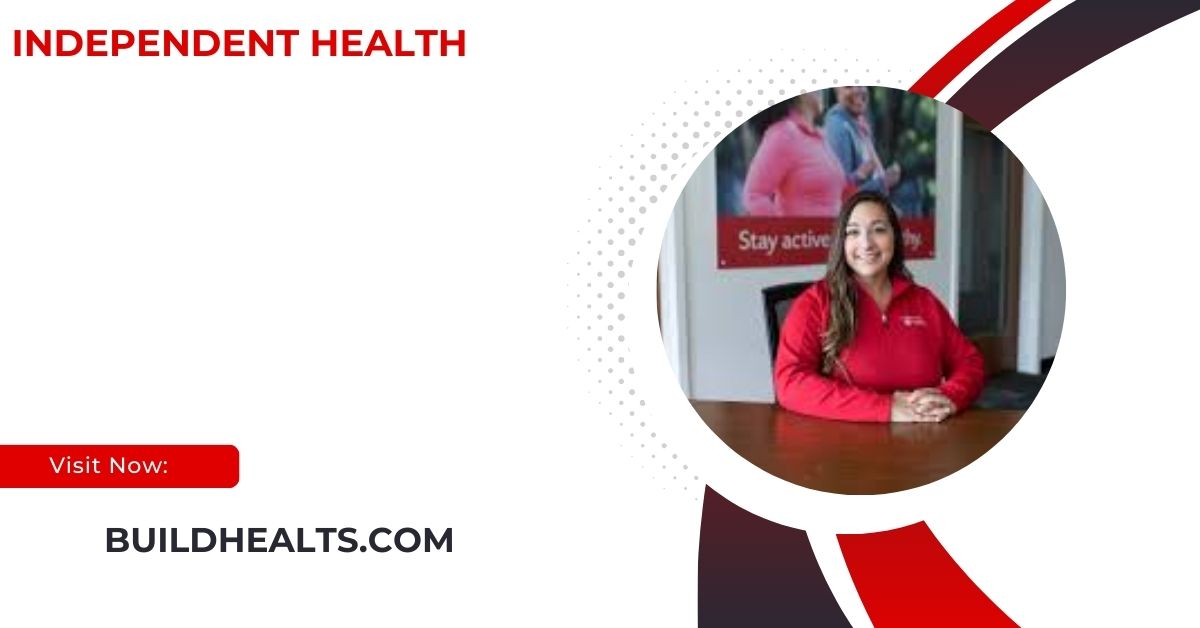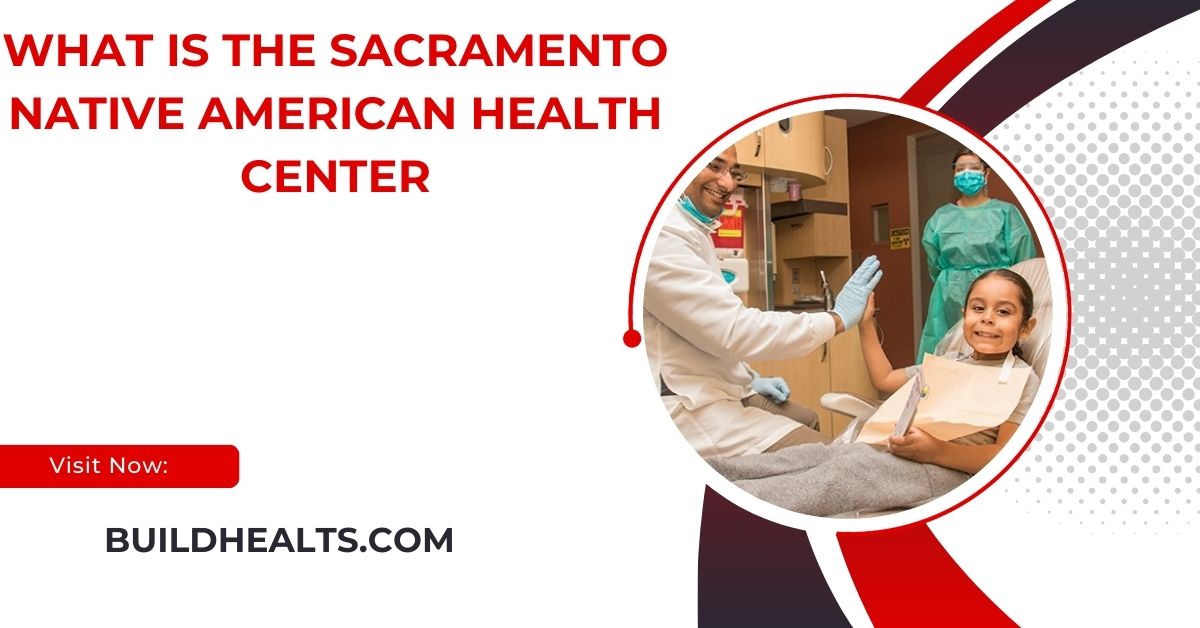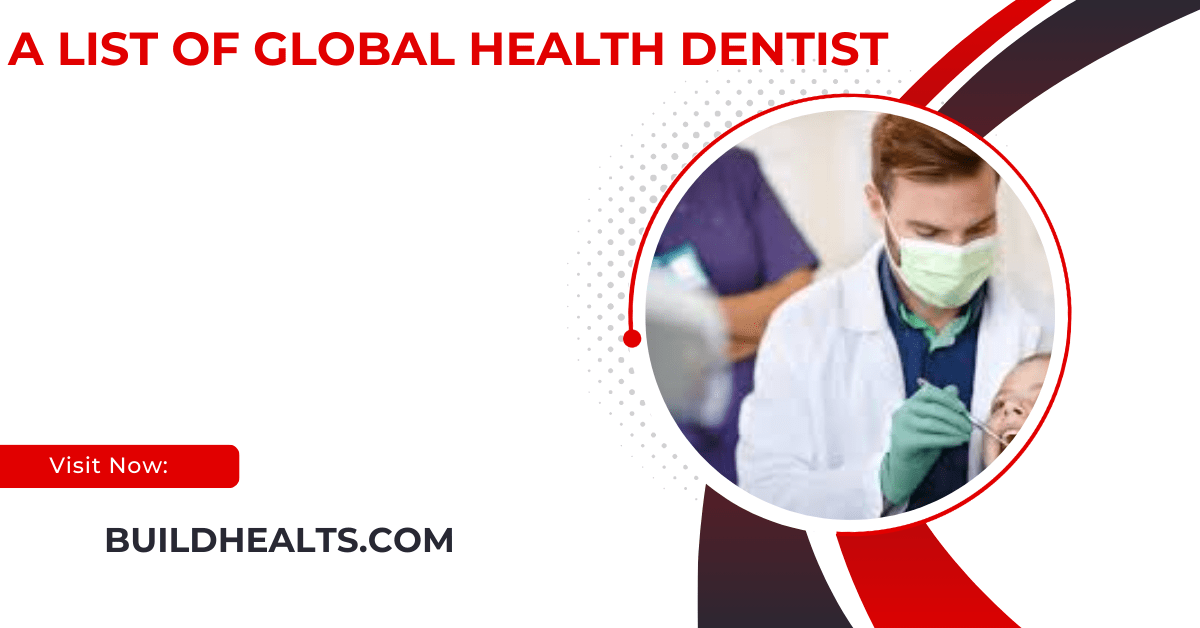Health informatics jobs use technology to manage health data, improving healthcare services, patient care, and efficiency. Roles include specialists, analysts, and managers.
In this article, we will explore the various health informatics jobs, the skills required, and how to enter this field.
What is Health Informatics?
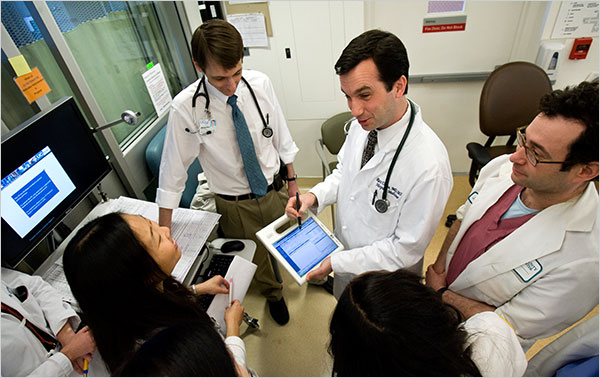
Health informatics is the study of how information technology can be used to manage, store, and analyze health data. It involves using technology to improve the delivery of healthcare services, reduce costs, and enhance patient outcomes. Health informatics professionals work with electronic health records (EHRs), patient management systems, health data analysis, and medical devices. They also ensure the security and privacy of sensitive health data.
Why is Health Informatics Important?
Health informatics is essential because it enables healthcare organizations to:
- Improve patient care: By using digital records and data analysis, health informatics professionals can help doctors make better decisions and provide timely treatments.
- Enhance efficiency: Automated processes and data management systems make healthcare operations more efficient and reduce human errors.
- Reduce costs: By streamlining healthcare services and reducing unnecessary tests or treatments, health informatics professionals help healthcare organizations save money.
- Promote better communication: Information systems allow for better coordination between healthcare providers, leading to more accurate and quicker care.
Types of Health Informatics Jobs:
The field of health informatics offers a wide range of job opportunities. These roles can be found in hospitals, clinics, insurance companies, government agencies, and healthcare IT companies. Here are some common health informatics jobs:
Health Informatics Specialist:
A health informatics specialist is responsible for implementing and managing health information systems in healthcare settings. This role involves analyzing data, ensuring the integration of health technologies, and ensuring that health records are accurately maintained. The specialist may also be involved in training healthcare providers to use these systems effectively.
Key Responsibilities:
- Implement and maintain electronic health records (EHR) systems
- Analyze healthcare data to improve services
- Provide support to healthcare staff using health information systems
- Ensure the security and privacy of patient data
Skills Required:
- Strong knowledge of healthcare systems and data management
- Understanding of healthcare regulations (e.g., HIPAA)
- Proficiency in healthcare software and technologies
- Problem-solving and communication skills
Clinical Informatics Analyst:
A clinical informatics analyst works with healthcare providers to improve clinical workflows through the use of technology. They analyze data from clinical operations, identify trends, and recommend improvements. The goal is to enhance patient care by optimizing the use of health IT systems.
Key Responsibilities:
- Analyze clinical data and workflows to identify areas for improvement
- Work with medical staff to optimize EHR usage
- Implement new technologies to improve patient care
- Provide training and support for healthcare staff
Skills Required:
- Strong analytical and problem-solving skills
- Knowledge of clinical processes and healthcare IT systems
- Ability to communicate effectively with healthcare professionals
- Familiarity with regulatory standards and data privacy laws
Also read: Axia Women’s Health – A Comprehensive Guide!
Health Data Analyst:
Health data analysts focus on collecting, analyzing, and interpreting healthcare data. They use data to provide insights that can improve patient care, reduce costs, and enhance operational efficiency. This role is crucial for healthcare organizations to make data-driven decisions.
Key Responsibilities:
- Collect and analyze health data from various sources
- Create reports and presentations based on data analysis
- Work with healthcare providers to improve decision-making
- Develop strategies to improve patient care based on data insights
Skills Required:
- Strong analytical skills and attention to detail
- Proficiency in data analysis tools (e.g., Excel, SPSS)
- Knowledge of healthcare data standards
- Communication and presentation skills
Health Information Manager:
Health information managers are responsible for overseeing the collection, management, and security of health data. They ensure that healthcare organizations comply with data privacy regulations, such as HIPAA, and that patient data is organized and accessible.
Key Responsibilities:
- Manage patient health records and ensure they are up-to-date
- Oversee the implementation of electronic health record systems
- Ensure compliance with privacy laws and regulations
- Train staff on proper data management procedures
Skills Required:
- Knowledge of healthcare data regulations (HIPAA)
- Experience with health information systems
- Leadership and management skills
- Attention to detail and organizational skills
Health IT Project Manager:
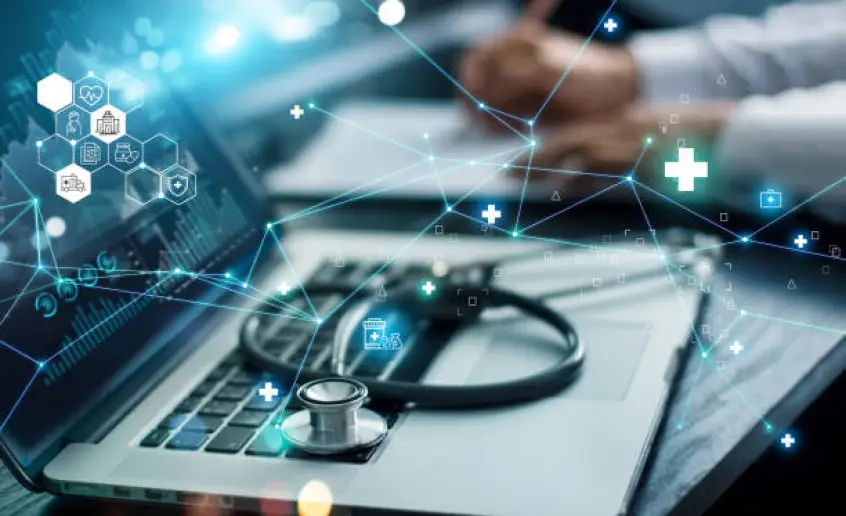
Health IT project managers oversee the implementation and management of health IT projects. These projects can include the adoption of new technologies, system upgrades, or the implementation of electronic health records. They work with a team of professionals to ensure that projects are completed on time and within budget.
Key Responsibilities:
- Manage the planning and execution of health IT projects
- Coordinate with different departments and stakeholders
- Ensure projects are completed on time and within budget
- Monitor project progress and resolve any issues
Skills Required:
- Strong project management skills
- Knowledge of healthcare IT systems
- Leadership and team management skills
- Excellent communication and problem-solving skills
Health Informatics Consultant:
A health informatics consultant works with healthcare organizations to help them improve their health information systems. They provide expert advice on how to optimize the use of technology and improve healthcare services. Consultants may also help organizations with the selection and implementation of new health IT systems.
Key Responsibilities:
- Provide advice on selecting and implementing health IT systems
- Analyze current systems and recommend improvements
- Help organizations comply with healthcare regulations
- Train staff on new technologies and systems
Skills Required:
- In-depth knowledge of healthcare IT systems and regulations
- Strong problem-solving and analytical skills
- Excellent communication skills
- Experience with system implementation and integration
Skills Required for Health Informatics Jobs:
To succeed in a health informatics career, there are several key skills that professionals should have:
Knowledge of Healthcare Systems:
Understanding healthcare operations and workflows is crucial for health informatics professionals. A solid grasp of healthcare systems helps in optimizing information systems and data management. Professionals must be able to navigate the complexities of healthcare organizations, ensuring efficient data flow and improved patient care. This knowledge is essential to implement technology solutions effectively and integrate them into existing healthcare structures.
Also read: Charlie Health – A Comprehensive Guide To Mental Health Support For Teens!
Technical Proficiency:
Health informatics professionals need strong technical skills to work with electronic health records (EHR), healthcare software, and data analysis tools. Familiarity with IT systems, programming languages, and software platforms is essential. These skills enable professionals to manage, analyze, and integrate data efficiently, ensuring seamless healthcare operations. A solid understanding of both hardware and software is critical for success in this technology-driven field.
Analytical Skills:
In health informatics, professionals must analyze complex data to identify patterns, trends, and insights that improve healthcare services. Strong analytical skills are necessary to interpret patient data, optimize healthcare processes, and make informed decisions. By leveraging data, health informatics experts can support evidence-based practices, improve patient outcomes, and enhance operational efficiency within healthcare systems, making their role critical to healthcare improvement.
Communication Skills:
Health informatics professionals need excellent communication skills to collaborate effectively with healthcare providers, administrators, and IT specialists. They must be able to explain technical concepts to non-technical stakeholders and ensure smooth integration of systems. Clear communication is essential for training staff, troubleshooting issues, and ensuring the adoption of new technologies. These skills also foster collaboration and understanding across different healthcare teams.
Knowledge of Healthcare Regulations:
A strong understanding of healthcare regulations, such as HIPAA in the U.S., is critical for health informatics professionals. This knowledge ensures that health data is handled, stored, and transmitted securely and in compliance with legal standards. Professionals must stay updated on regulations to protect patient privacy and confidentiality, ensuring that systems meet regulatory requirements and mitigate legal risks in the healthcare environment.
FAQ’S
1. What is health informatics?
Health informatics involves using technology to manage and analyze health data to improve healthcare delivery, reduce costs, and enhance patient care.
2. What skills are needed for health informatics jobs?
Key skills include knowledge of healthcare systems, technical proficiency, analytical skills, strong communication, and understanding of healthcare regulations.
3. What types of jobs are available in health informatics?
Common roles include health informatics specialists, clinical informatics analysts, health data analysts, health information managers, IT project managers, and health informatics consultants.
4. How can I enter the health informatics field?
Entering the field typically requires a relevant degree in health informatics or healthcare management, experience, and possibly certifications in healthcare IT and data analysis.
5. Why is health informatics important?
Health informatics improves patient care, enhances operational efficiency, reduces costs, and facilitates better communication among healthcare providers, ensuring optimal healthcare delivery.
Conclusion
In conclusion, health informatics professionals play a crucial role in transforming healthcare by integrating technology and data management. They improve patient care, reduce costs, and enhance operational efficiency. By combining healthcare knowledge with technical expertise, they contribute to better services, streamlined processes, and improved patient outcomes. Health informatics is essential in shaping the future of healthcare systems worldwide.

